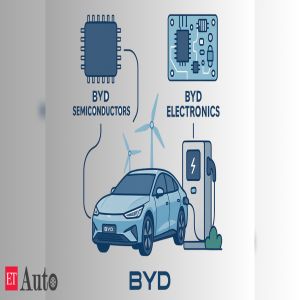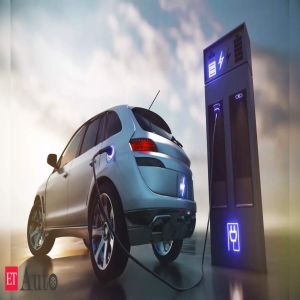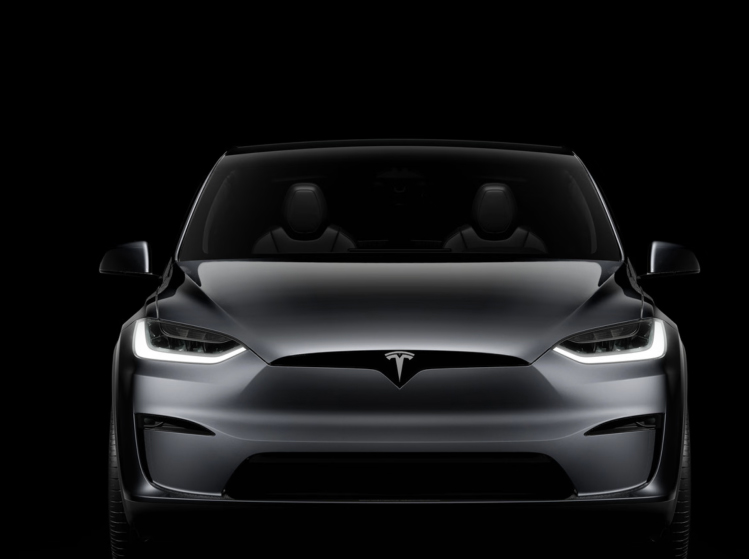Interactions over procuring Chinese rare earth magnets are gaining pace as
Indian automobile manufacturerstry to avert production slowdowns. US and European carmakers have secured assured supplies from Beijing, which recently imposed
export controlson magnets used in auto components. End-user requirements are being seen as a bargaining tactic in China's ongoing trade negotiations with the US. But the fallout has been wide, given the world's overdependence on Chinese
rare earth minerals. The immediate response has been to ensure supply chains are not disrupted, and Beijing has accommodated the legitimate concerns of the automobile industry. Indian companies have done their paperwork and are planning to interface with the Chinese authorities for a similar dispensation in the coming weeks.
A US-China trade truce announced last week has not addressed the issue of the use of rare earth minerals in military production, such as drones. This must be seen in the context of US export controls over advanced AI chips, regarded as dual-use tech. Beijing is linking the two sets of controls to avoid a one-sided deal with the Trump administration. Trade negotiations now hinge on chips versus magnets, amid indications that retaliatory tariffs could be deferred further. Both processors and motors are vital strategically, so, a solution on export controls will have to undergo a hard contest.
The Chinese intent is to restrict the spread of a tech where it has demonstrated leadership. It will, however, not benefit by depriving commercial users of rare earth magnets, which would set other countries on the path to exploiting their reserves and create an opportunity for them to catch up. India should be able to negotiate favourably with both the US and China when it comes to export curbs on powerful chips and magnets. These are India's top trading partners and are vital to its ambitions to become a global manufacturing base. It should not be tough to separate the strategic from the commercial aspects of export controls.





Comments (0)